With the global success of God of War Ragnarök and the end of the year upon us, it is only fitting that we look back at the God of War series as a whole and remember the most glorious battles that Kratos has fought over his Greek and Norse journeys. As such, we have curated a list of what we feel are the best bosses in the God of War series to date.
One thing to note here is that we will be covering only the mainline God of War games in this boss series. Bosses like The Furies, Thanatos, and Persphone, while essential in Kratos’ storyline, will not be included in this list. This is simply because God of War has given us too many great battles to focus on them all, but the best ones on this list have promised to bring out the best (and worst) of Kratos throughout the years.
Ares
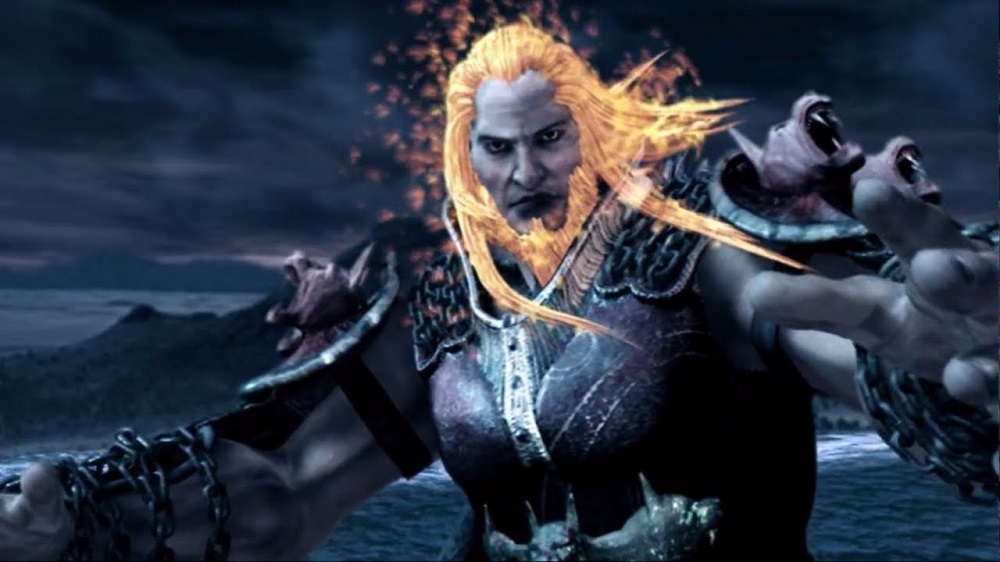
The original god of war of the Greek pantheon and one of Zeus’ favorite sons, Ares was the major antagonist of the original God of War game released back in 2005. He is the reason for Kratos’ initial empowerment as a god as well as his quest for vengeance. Seeing the great battle potential in Kratos, Ares tricks him into slaughtering his own family as a means to remove all of Kratos’ shackles to humanity.
Understandably, this incident has the opposite effect on Kratos, who is overcome with rage and grief after he realized what he did. Now cursed to wander the world of the living as the Ghost of Sparta, with the ashes of his dead wife and daughter stuck to his body, Kratos vows vengeance against Ares. And he does get it in the end.
After a long quest throughout the storyline of the first game, Kratos acquires Pandora’s Box, the only artifact that can give him the power to overthrow a god. With the blessings of the rest of the Greek pantheon with him, Kratos opens the box and gains the powers within. Using these powers, he slays Ares and eventually becomes the new god of war, but his story was only just beginning.
Baldur
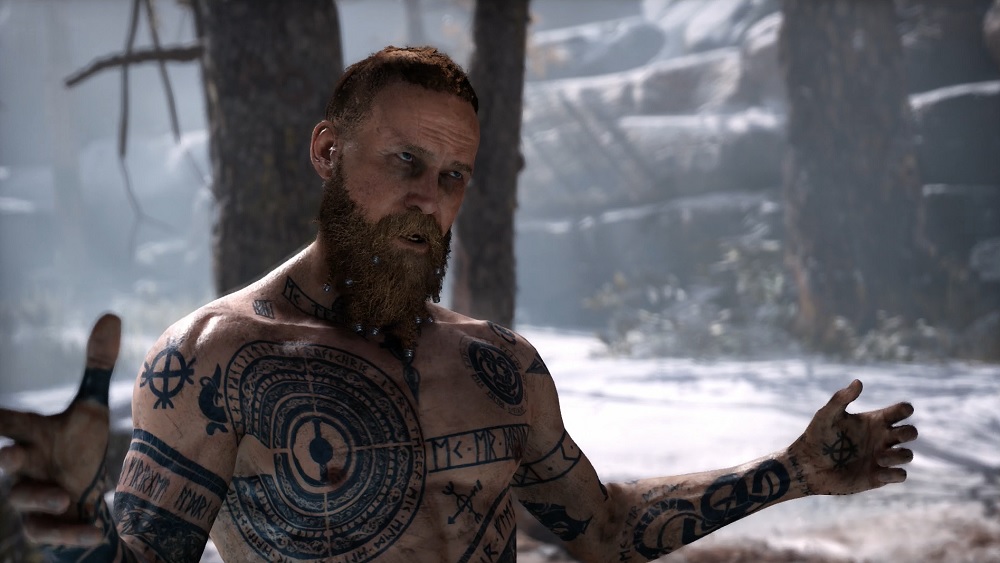
After Kratos winds down from his exploits in the Greek lands, he settles down in the Norse realm of Midgard with his second wife and child, hoping to start over by leaving his accursed past behind. Unfortunately, the peace does not last for long, starting with the death of his wife Faye, leading to his first encounter with one of the Aesir, Baldur.
The son of Zeus and Freya comes knocking at Kratos’ door as a simple stranger, challenging him to a fight. Kratos eventually obliges and beats Baldur to near death, with the latter simply coming back to life. It is then that Kratos learns about Baldur’s curse, which leaves him devoid of any feelings and an immortal body. Throughout the events of the rebooted God of War, Kratos learns more about Baldur.
All of these events climax at the end of the game, where Baldur’s curse is lifted by Kratos and his son, Atreus as they engage in a final deathmatch. Kratos wins and spares Baldur’s life, only for him to be driven mad and go after his mother Freya in a fit of rage. This angers Kratos who snaps Baldur’s neck, killing him for good and marking the beginning of Fimbulwinter.
Hades
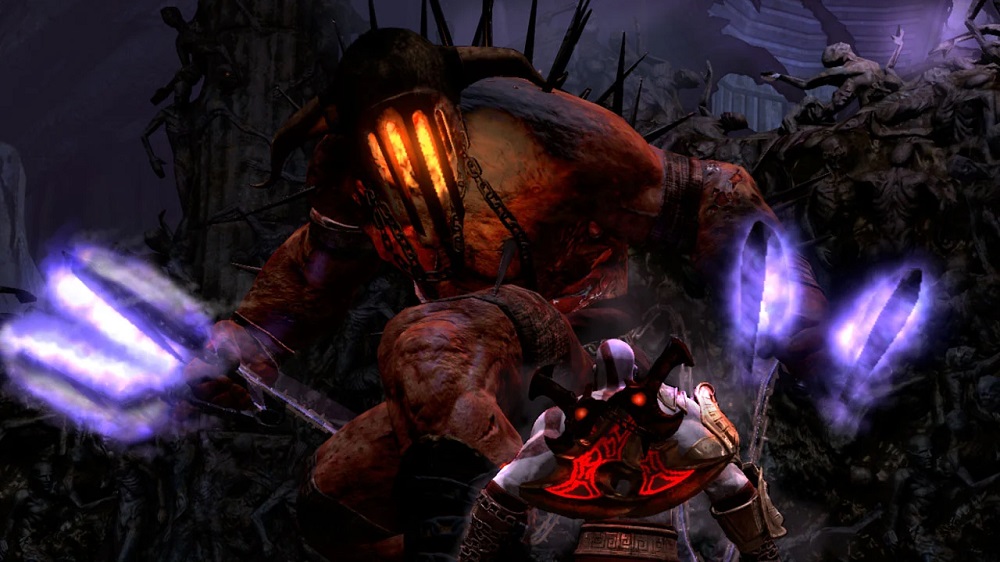
The Greek god of the underworld was one of the few in the pantheon that held a grudge against Kratos for a while before their eventual encounter. Hades resented Kratos for killing his wife Persephone during the events of God of War: Chains of Olympus and is pleased when he finally gets the chance to finish off Kratos for good.
When Kratos is betrayed by Gaia during the events of God of War III, he falls back into the underworld and has to fight his way out. When he reaches the end and is about to escape, he encounters Hades. First showing up as a disembodied voice in the darkness, Hades then proceeds to take Kratos by surprise. Failing that, Hades unleashes the full might of the underworld against Kratos.
Kratos, however, proves to be more than a match for Hades, cutting the god apart piece by piece, eventually absorbing his soul and powers into himself. Kratos also grabs Hades’ weapons after defeating him and proceeds to escape the underworld.
Heimdall
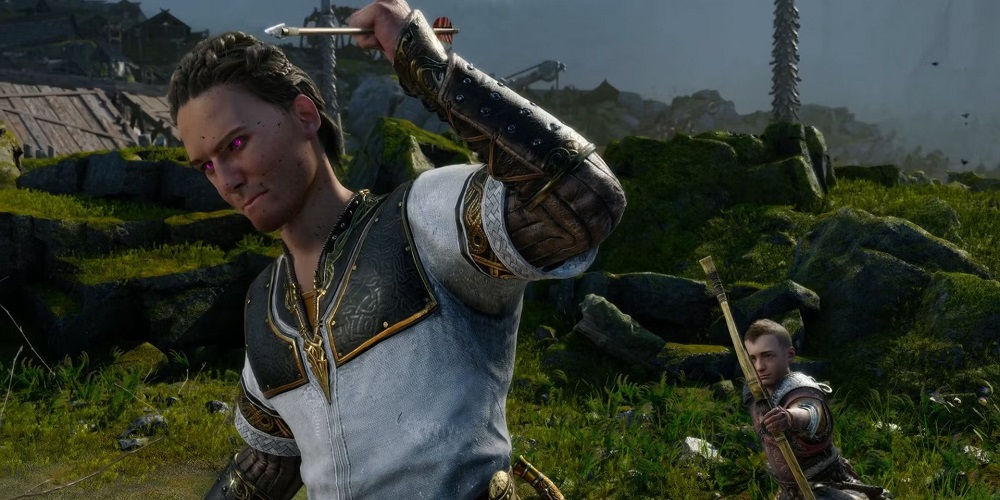
Baldur’s stepbrother and the Norse god of foresight, Heimdall crosses paths with Kratos during the events of God of War Ragnarök. The Watchman of the Aesir takes great offense to Kratos and the havoc he caused to the Norse realm by engaging him in battle during Kratos’ time in Vanaheim. As expected, the fight does not go as planned for Heimdall.
Being the god of foresight, Heimdall was very sure of himself in battle since he knew what to expect. His foresight, however, eventually proved no match for Kratos’ incredible prowess in battle and he takes his first hit. This enrages Heimdall which breaks his foresight, leading to Kratos granting him one of the more brutal deaths in the Norse God of War series.
Heimdall’s defeat was a major blow to the Aesir and a sign of things to come during the impending Ragnarök. What followed next was more chaos yet to come.
Hercules
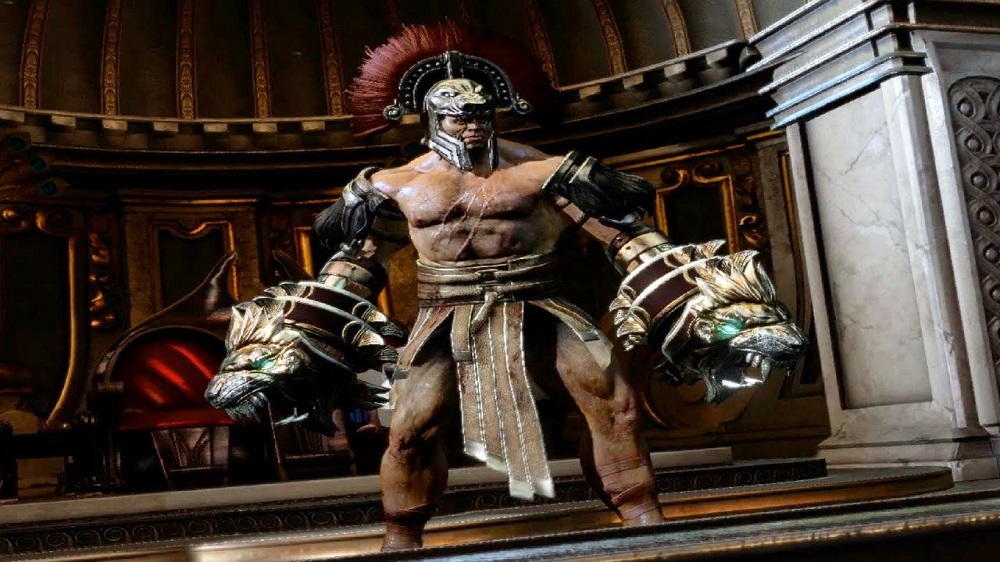
Kratos’ step-brother and half-mortal favored by Zeus, Hercules engages Kratos in battle during the latter’s ascent through Mount Olympus. Sporting his Nemean Lion Cestus and being watched on by his stepmother Hera, Hercules manages to land several blows to the god of war. Hercules’ passion in battle was fueled by his jealousy towards Kratos for being Zeus’ favored son instead of himself.
Hercules felt he redeemed himself after overcoming his trials and accepting his demigod powers, but fate seemed to shine on Kratos, or so Hercules thought. This rage left him blinded and open to Kratos’ attacks throughout the fight, with Kratos landing several attacks on Hercules that eventually disarmed him of his pair of Cestus.
Eventually, Kratos equips the Cestus himself and collapses the floor on Hercules when the latter attempts to lift the ground and topple Kratos off. Having trapped Hercules underneath the rubble, Kratos proceeds to kill him in quite possibly the most brutal fashion the God of War series has even shown us to date.
Kronos
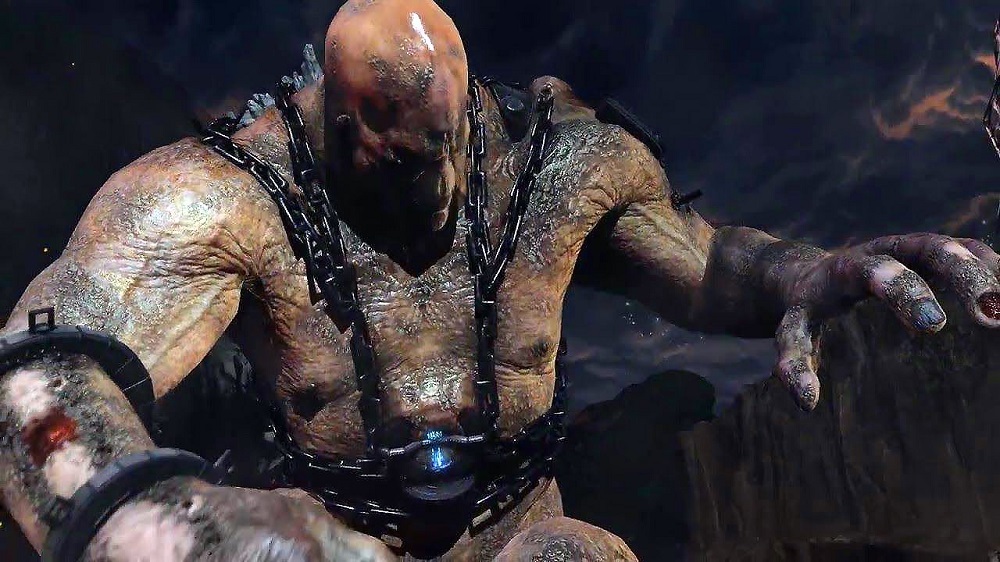
One of the original titans and the father of Zeus, Kronos was trapped in the underworld by Zeus himself. Deeming the titans as warmongers, Zeus had them sealed behind the Tartarus gate and tasked Hades to watch over their imprisonment. All of this changes when Kratos frees the titans and restores them to their former glory at the end of God of War II.
But things change by the time God of War III comes along. Now an enemy of both the gods and the titans, Kratos encounters Kronos and meets him in battle. What is one of the most breathtaking visual spectacles to date in the God of War series quickly turns into a bloodbath when Kratos starts ripping Kronos apart, piece by piece.
The fight culminates after Kronos swallows Kratos, only for Kratos to disembowel Kronos from the inside, escaping through his stomach. While Kronos is still reeling from this assault and begs for mercy, Kratos proceeds to kill him by running the Blade of Olympus through his skull.
Odin
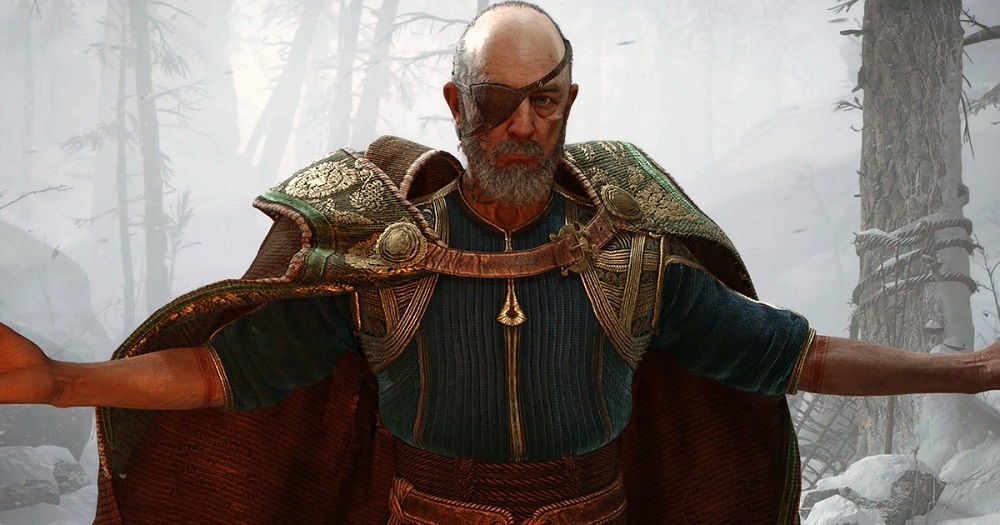
The final battle with the Allfather Odin takes place at the tail end of God of War Ragnarök. The king of the Aesir and father of Thor, Tyr, Baldur, and Heimdall proves to be Kratos’ biggest challenge yet in the Norse lands. Boasting immense power and mastery of ancient runic magic, Odin takes on Kratos, Atreus, and Freya at once.
Enraged by the defeat of his sons and grandsons at the hands of Kratos, Odin attempts to snatch his son, now going by Loki, away from him. Kratos mounts an all-out assault which leads to his final battle with Odin at the end. Odin unleashes all of his knowledge and mastery in battle on the trio, with them having to join forces to take down the Allfather.
After his eventual defeat, Loki seals his soul away, marking an end to the events of God of War Ragnarök and of the God of War series as a whole, for now at least.
Poseidon
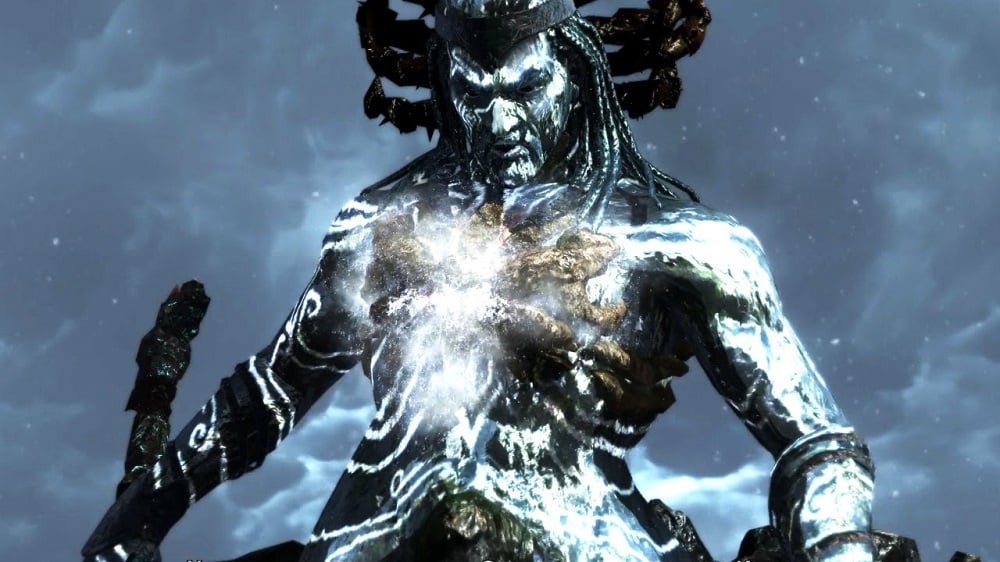
Poseidon is the god of the sea and horses in Greek mythology. He is also the first major god Kratos encounters during the events of God of War III. During his initial ascent through Mount Olympus on the shoulders of Gaia, Poseidon halts them and challenges Kratos to a fight. Kratos responds in kind by leaping off Gaia’s shoulders and assaulting Poseidon.
This leads to a systematic beatdown of the god of the sea, till Kratos rips Poseidon’s water protection apart and pulls him out to face him in open battle. Now devoid of any tricks Poseidon can use to protect himself against Kratos, he attempts to escape, but to no avail.
Kratos grabs a fleeing Poseidon and proceeds to deliver a masterclass in destruction as he makes an example out of the god of the sea, breaking him apart and blinding him before snapping his neck and dropping his body to the depths below.
Thor
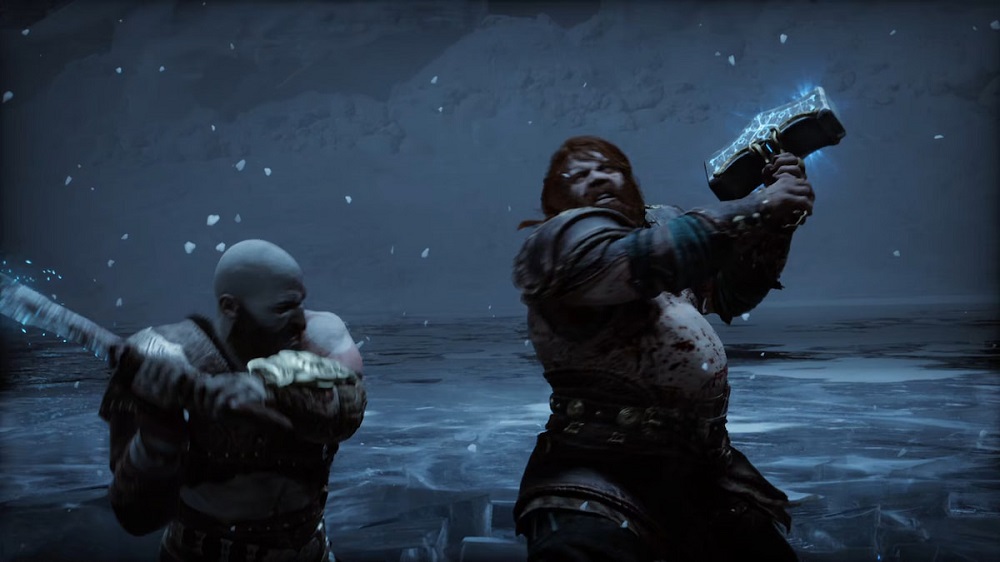
The most favored son of Odin, Thor was also the strongest of Odin’s children and the wielder of the powerful Mjolnir. Enraged by the deaths of his sons Magni and Modi at the hands of Kratos and Atreus, Thor first encounters the duo in battle during the events of God of War Ragnarök, stating that a blood debt had to be paid.
Kratos and Thor fight, with Thor constantly taunting Kratos to give him his best shot and how he would not be satisfied until Kratos unleashed his true powers. After being knocked unconscious by Thor and revived by Mjolnir, Kratos’ true Spartan Rage overcomes him, dealing powerful blows that temporarily overwhelm the god of thunder, satisfying his need for a blood debt.
Eventually seeing reason and siding with Kratos against his father, Thor finally meets his end at the hands of Odin himself as Odin kills him in front of his own daughter, Thrud.
Zeus
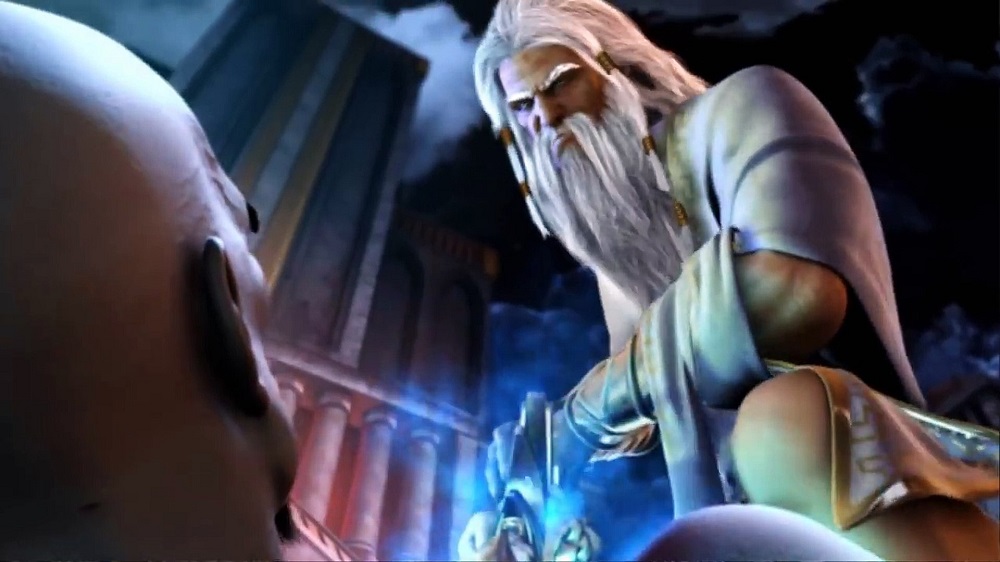
The final battle in the original God of War series pits Kratos against his real father, Zeus. After learning why Zeus betrayed him by stealing away his powers and leaving him to die, Kratos vows revenge and climbs out of the underworld, and heads to the Sisters of Fate to rewind his destiny. After changing the events of his death, Kratos confronts Zeus and impales him with the Blade of Olympus, but before he could deal the final blow, Athena steps in and dies in his place.
This enrages Kratos even further as he takes the fight to Mount Olympus, which leads to a final battle against Zeus inside Gaia’s body. Kratos then impales Zeus with the Blade of Olympus once more, this time through Zeus and Gaia’s hearts simultaneously, killing them both.
Athena then returns as a ghost to confront Kratos, which leads to his final act of defiance. Kratos impales himself with the Blade of Olympus, seemingly killing himself and releasing all of his absorbed god powers back to humanity, much to Athena’s disgust.




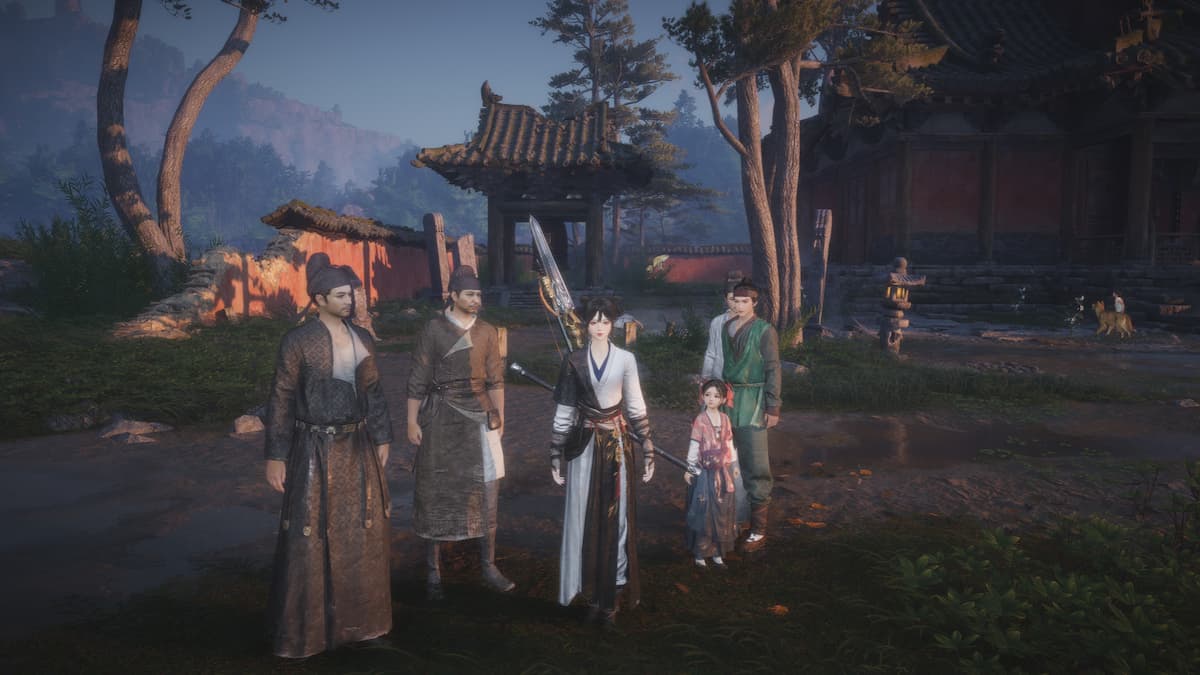

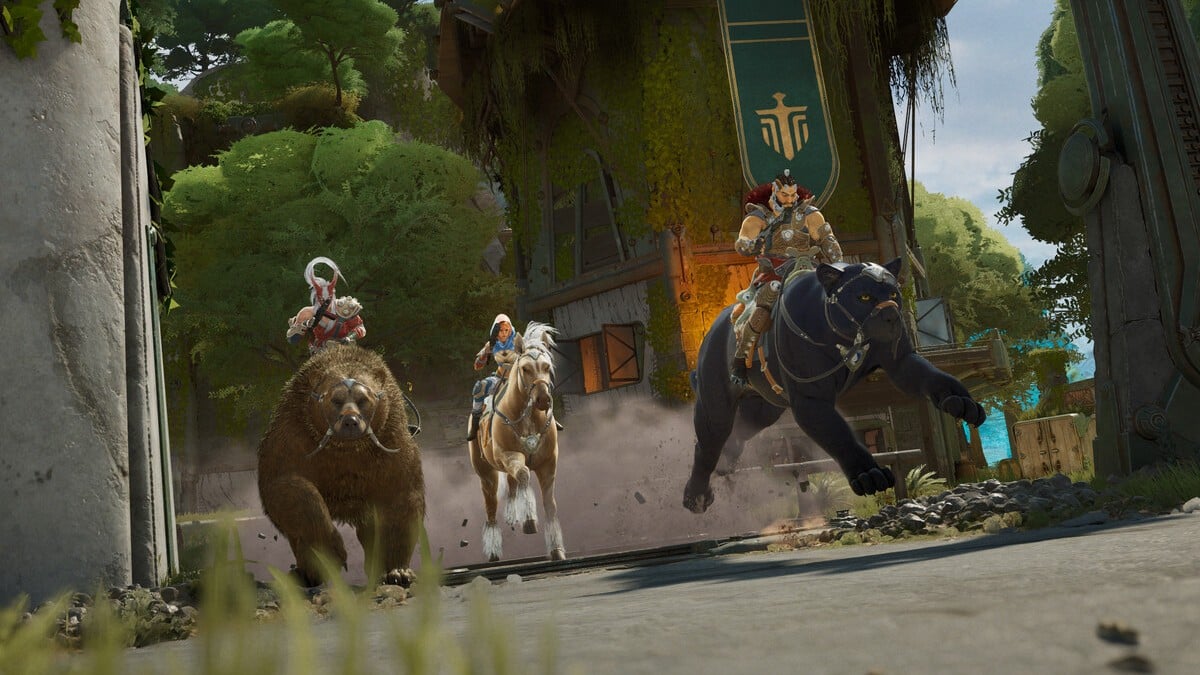
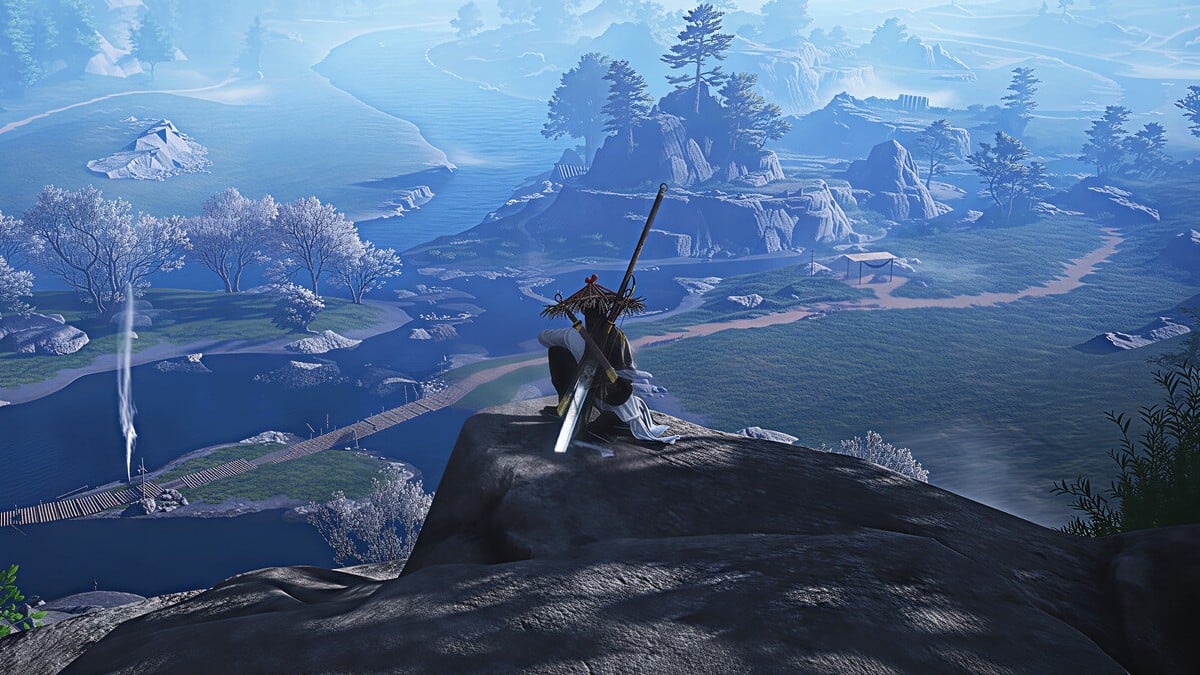
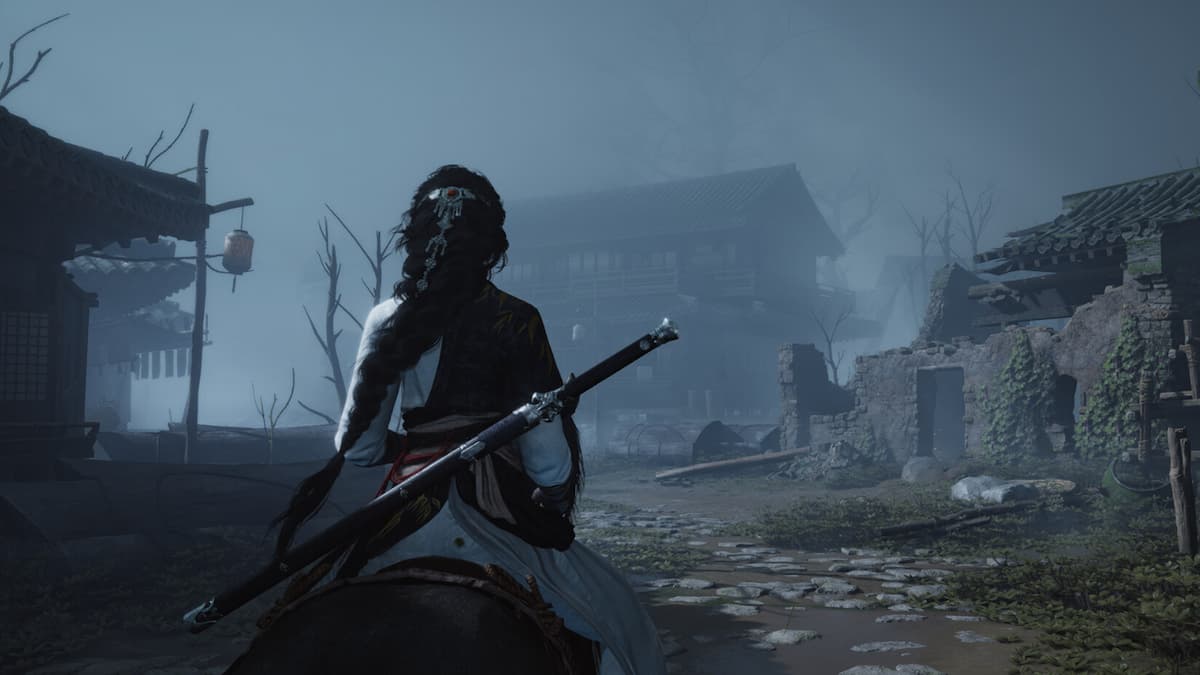
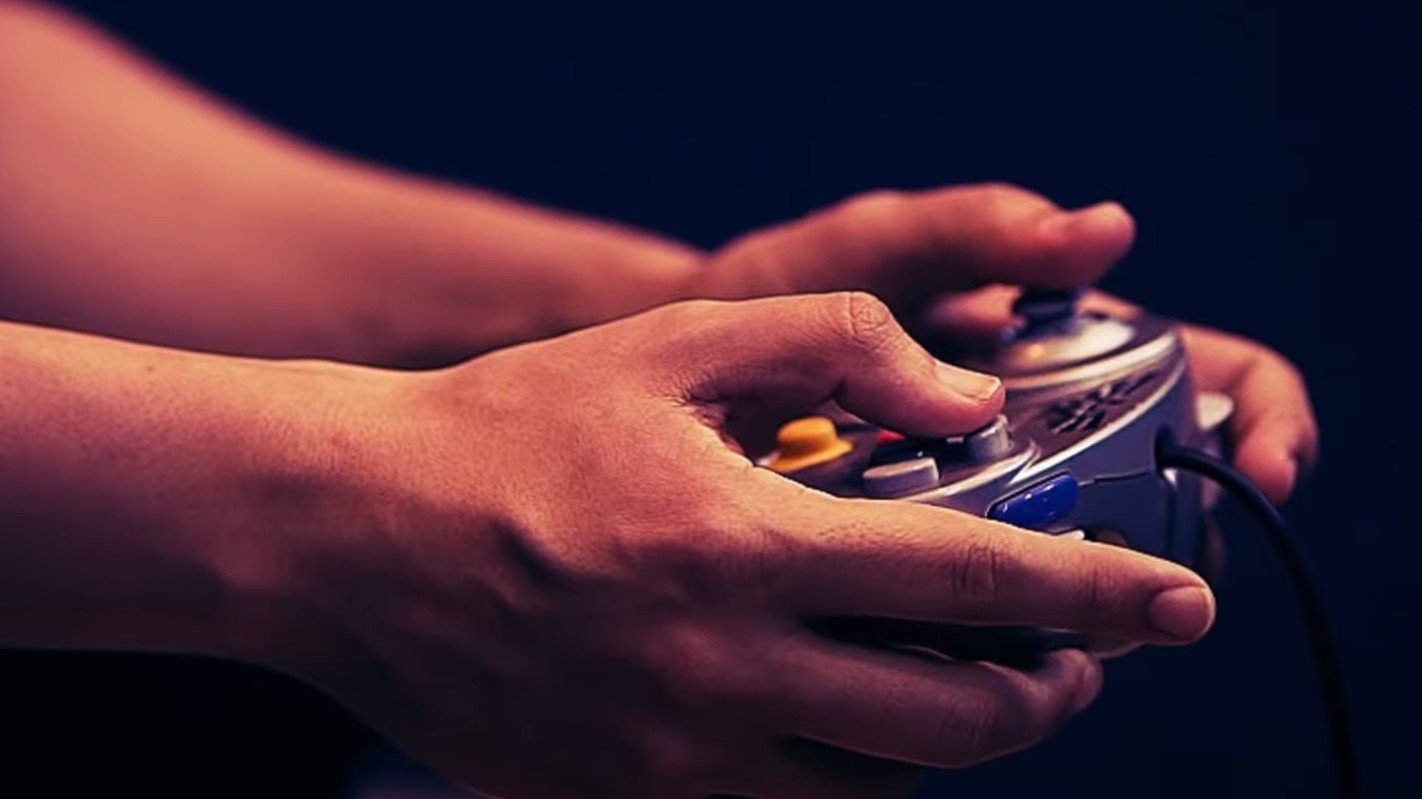
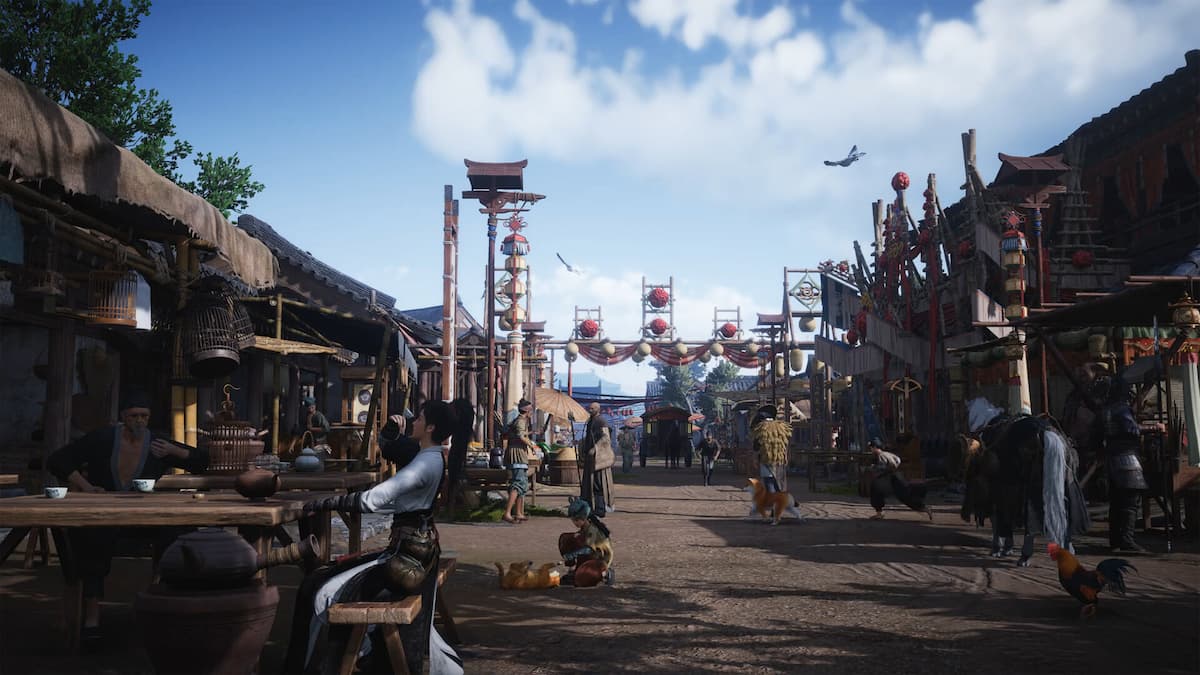

Published: Dec 19, 2022 06:54 am